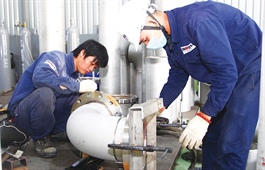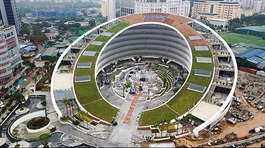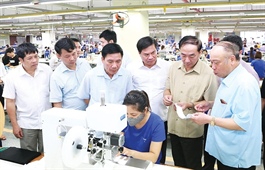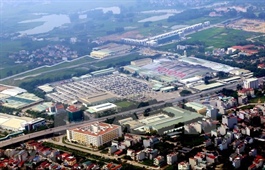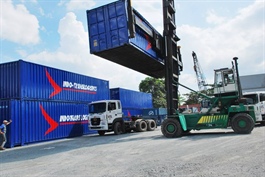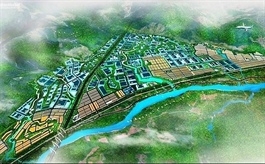Vietnam could extend waiving and delaying of tax payments to 2025: PM
Vietnam could extend waiving and delaying of tax payments to 2025: PM
An expansionary and flexible fiscal policy would help stimulate aggregate demand, create jobs and boost economic growth, stated Prime Minister Nguyen Xuan Phuc.
In case the Covid-19 pandemic lasts for a longer period, the Vietnamese government should consider extending supporting programs, including waiving, freezing and delaying of taxes and fees payment until 2021 or even in the next five years, according to Prime Minister Nguyen Xuan Phuc.
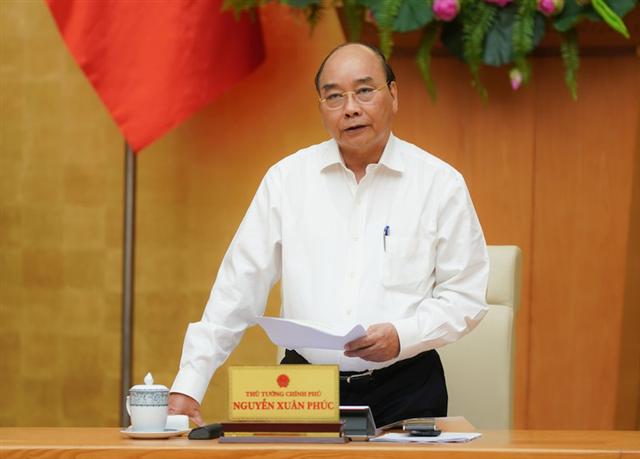
Prime Minister Nguyen Xuan Phuc at the meeting. Photo: VGP.
|
An expansionary and flexible fiscal policy would help stimulate aggregate demand, create jobs and boost economic growth, while maintaining macro-economic stability, stated Mr. Phuc at a government meeting on August 19.
Measures to boost aggregate demand are required as both supply and demand are still weak, the PM added.
Referring to suggestions from experts that the government should reduce corporate taxes to support enterprises and value-added tax to boost domestic consumption, Mr. Phuc stated the government would consider plans to lower costs for the business community.
For the 2021 state budget estimate, PM Phuc requested a major amount be earmarked to support workers in informal sectors, people without jobs, and provide training for laborers to adapt to changes in global supply chains.
Additionally, there would be more support for the fields struggling with the Covid-19 impacts, including transportation, tourism, textile, and education, among others, Mr. Phuc recommended.
Among solutions to boost growth, Mr. Phuc said the government would devise new economic policies and tax incentives for tech firms, innovative startups, e-commerce, digital economy, sharing economy and online platforms in education and healthcare.
According to Mr. Phuc, Vietnam gives priority to economic and social infrastructure development in the 2021 – 2025 period, especially in transportation, to ensure the timely completion of major projects and programs with large impacts on the country’s economic development, including the North-South expressway, coastal roads, and the digital economy.
Mr. Phuc noted a necessity to reduce regular spending and greater efficiency in public investment, encourage more private resources and foreign direct investment for socio-economic recovery.




